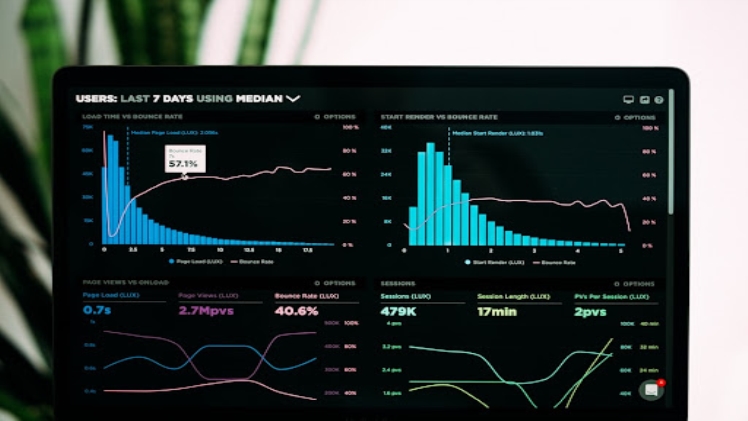General Categories of Business Intelligence Applications

One thing all businesses have in common is the need to be more efficient and maximize their data ROI. In fact, almost all businesses generate and consume large amounts of data, but what makes the difference is having an IT infrastructure capable of maximizing all your data. Furthermore, you also need tools to provide security for your data while enabling quick access for decision-makers.
Big data is everywhere, and it’s one of the most valuable assets in the business world. Indeed, it’s so central to the world of business that there’s a segment of data science called business intelligence (BI). In this brief article, we’ll discuss several of the basic categories of business intelligence and how they can help your small business. Continue reading to learn about some of the different functions of BI software and how they can help your small business flourish and gain a competitive advantage.
Business analytics helps companies get actionable insights into business processes.
Efficiency is one of the most important goals for small businesses. Efficiency is all about being as productive as possible while consuming as little as possible. The more efficient your company is, the greater your ROI will be, which is why many start-ups and smaller companies employ business analytics to get actionable insights into business processes. Business analytics is one of the most popular business intelligence applications, as it helps companies find ways to enhance their best practices using diagnostic and prescriptive analytics. Furthermore, they can even forecast future events with predictive analytics.
Data visualization makes it easier for analysts and business users to interpret data.
Many people are intimidated by data analytics because when they think of metrics and key performance indicators (KPIs), they think of numbers and more numbers. In other words, big data equals big numbers, and you’re not wrong to think that. However, data visualization makes it easier for business users and data analysts to quickly find patterns and anomalies in data sets and make well-informed business decisions.
Data-mining tools help data analysts find the real-time data they need.

As we mentioned, companies of all sizes generate and consume massive amounts of data. That’s why they need data-mining tools that enable them to find and collect the right data. Data scientists program machine-learning algorithms to recognize specific types of data insights from various data sources, and from there, the data scientists and engineers go to work on cleaning the data for analytics. Robust data-mining tools enable your data managers to focus on more critical tasks, as your business intelligence software can manage data mining and cleansing for you.
Create a better customer experience with CRM.
Customer relationship management (CRM) software is another invaluable BI tool. CRM software uses advanced analytics to provide insights into customer behavior and preferences, enabling companies to create a unique customer experience for all their patrons. Furthermore, they can use these insights to create targeted marketing campaigns and employ artificial intelligence and digital workers to manage customer interactions.

As you can see, there are many business intelligence ai-powered bi tool and use cases. The business world is becoming increasingly reliant on data analytics, so investing in a robust BI platform is one of the best ways to get a competitive advantage in your market and establish your small business as an industry leader. Indeed, with the right BI tools and strategy, you can build better customer relationships, get insights into business processes, get quick access to advanced analytics in real time, and make data easier to understand for decision-makers. So, are you ready to put business intelligence to work for your small business?





